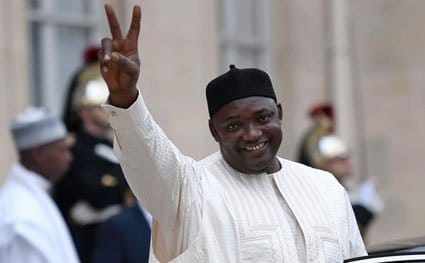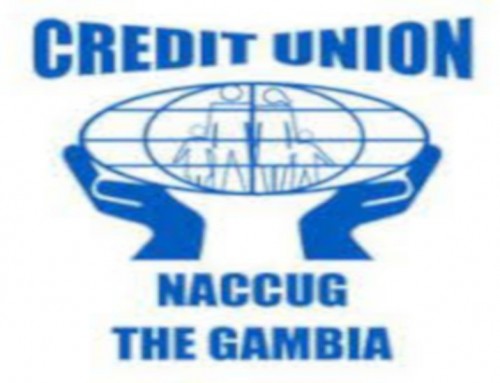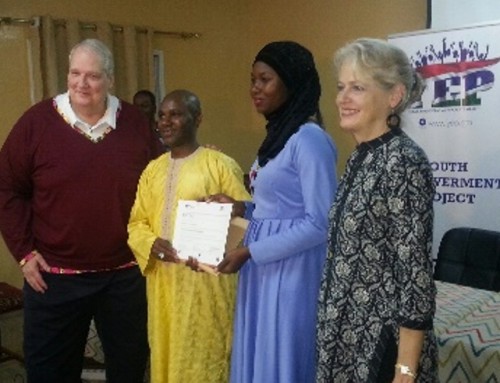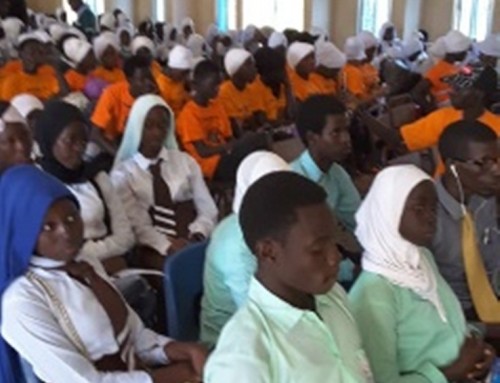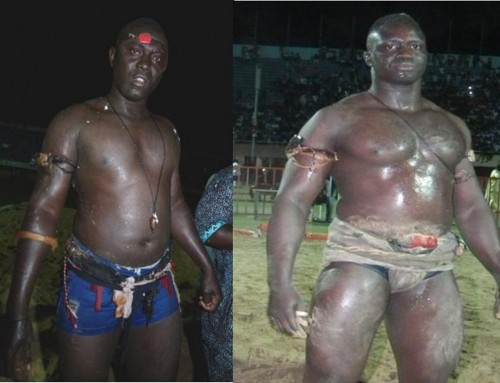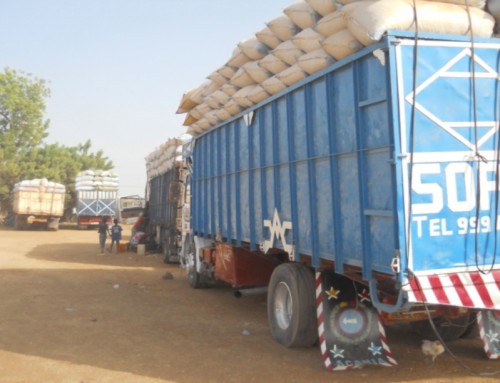Gambians go to the polls on April 6 to vote for members of parliament in the first legislative election since Adama Barrow became president, and former dictator Yahya Jammeh was forced into exile.
This is the most important vote in the country after presidential elections and this year it will be carried out under a democratic regime for the first time in over two decades.
Jammeh took power in a coup in 1994, and his government was accused of torturing and killing perceived opponents.
On the streets of the capital Banjul, people say they are excited to express themselves freely as candidates from nine political parties, including Jammeh’s Alliance for Patriotic Reorientation and Construction (APRC), campaign in what voters say is a different Gambia.
“Of course, I am very happy that the elections are different than before. Because these elections that passed for the presidential elections was very fair and I know that the coming parliamentary elections will be very fair too,” says one man sitting at the corner of the street.
Officials of the Independent Electoral Commission (IEC) say they have invited a full European Union observer mission to monitor the process.
Gambia has a unique method of voting.
Voters are given one marble each, which they drop into a drum corresponding to the candidate of their choice.
The marble strikes a bell inside the drum, preventing multiple voting.
This is the same system that saw Barrow declared winner after polls in December.
Jammeh initially conceded defeat to Barrow before back-tracking, launching weeks of political turmoil until a West African force swooped in and convinced him to go into exile.
During the crisis, Alieu Mommar Njai – the IEC chairman who announced the results, had to flee to neighbouring Senegal after threats from Jammeh’s government.
Jammeh accused the IEC of making a mistake when counting the votes.
“In the system that existed before, there is no complete independence in any institution, in particular the IEC. It was not what we want, but what he wants and this has caused some problems for us. Now that we are totally independent and this is organised by the new government, they are out for freedom, for justice and for transparency,” said Njai, who is overseeing the upcoming polls.
Halifa Sallah is the candidate for the People’s Democratic Organisation for Independence and Socialism (PDOIS) party.
As the secretary General of PDOIS, Sallah has toured the country to support the other candidates from his party.
Opposition parties go it alone
Now, he is trying to convince people in the city of Serrekunda to vote for him in what he calls a house-to-house campaign; going to people’s homes and talking with them, instead of holding big rallies.
During Jammeh’s rule, parliament was seen as an extension of the presidency.
Since the last legislative elections in 2012 Jammeh’s APRC held 48 out of 53 seats in parliament.
Opposition parties formed a coalition to beat Jammeh last year.
This time, each of them goes to the April 6 polls alone and analysts are waiting to see how if this weakens the position of the coalition to gain a majority in parliament for president Barrow.
Gambia is one of Africa’s smallest countries and has had just two presidents since independence in 1965.
